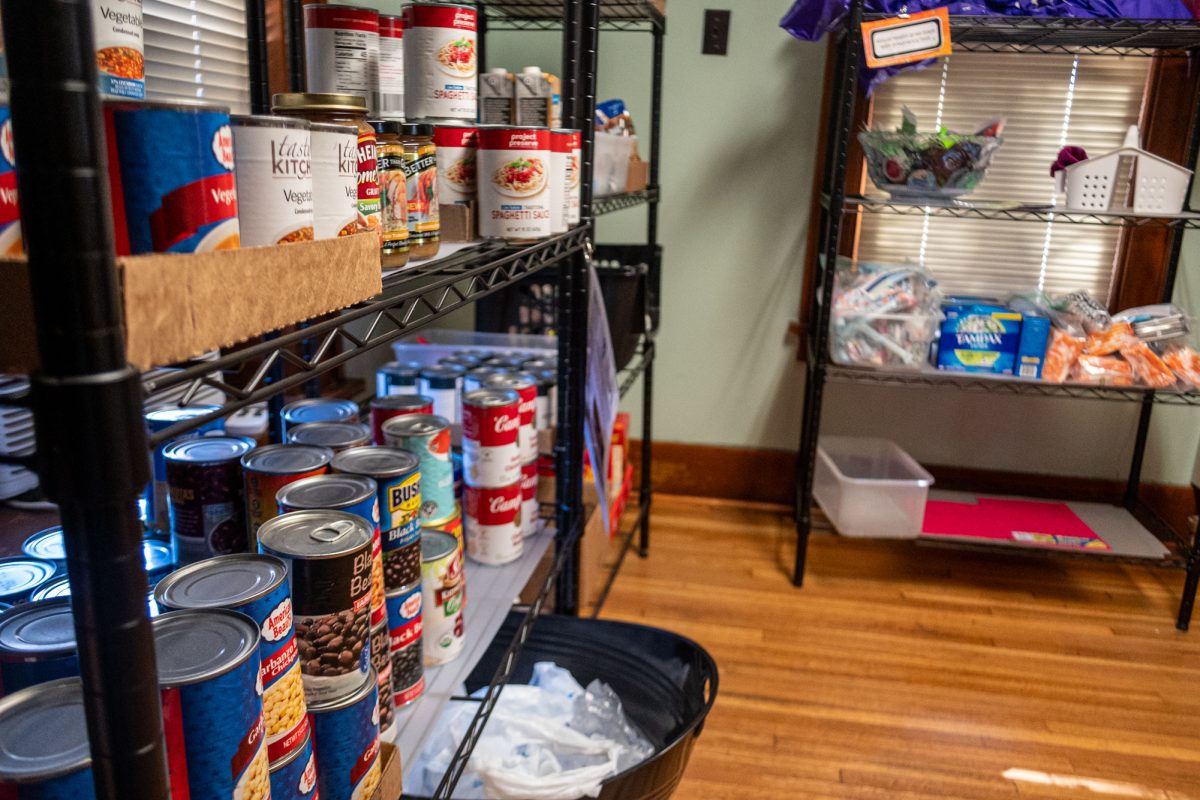Police try to control hard drug infiltration
April 14, 1999
Harder drugs, such as methamphetamines, cocaine, heroin and hallucinogens have a small, yet constant presence in Ames.
Jeanne Burkhart, director of Substance Abuse Programming with the Student Counseling Service, said a definite portion of substance abusers who come to student counseling for assessment have tried harder drugs.
“About 10 percent of the students I see have tried them at one point,” she said. “The most common to experiment would be hallucinogens, like mushrooms or LSD. We certainly see people who dabble in that, but an addiction is unusual.”
Burkhart said she encounters fewer than 10 addictions to harder drugs each year.
“When you’re talking about drugs like that, typically people who are addicted will not be able to function in school,” she said.
Ames Police Chief Dennis Ballantine said the influx of hard drugs in Ames has been constant in some areas and even increasing in others.
“We think they are on an increase in areas such as methamphetamines, but the other substances have pretty much been at a constant, persistent level,” he said. “We’ll see them on a routine basis.”
Ballantine said his department has tried to keep hard drugs from coming into the community, but police efforts merely are scratching the surface.
“We deal a lot with education, and we’ve done some work identifying meth labs in Ames,” he said. “You’ve just got to pick at it constantly.”
Ames also has officers who serve on the Central Iowa Drug Task Force, a group which includes Ames Police, ISU Department of Public Safety, Story County Sheriff’s Office and Boone County officials, Ballantine said.
Jerry Stewart, assistant director of DPS, said the Drug Task Force, which includes two DPS officers, deals with most of the serious drug charges in the area.
“Cases involving identified drug dealers or large quantities of a substance are going to be referred to the Drug Task Force,” he said.
Stewart said the decision whether to handle an investigation in-house or refer it to the Drug Task Force usually depends on the complexity of the case.
Stewart said DPS officers still obtain and execute search warrants and run their own investigations concerning drugs.
“Certainly, meth is causing all of us a great concern, and we are seeing some evidence of meth coming into Ames,” he said. “However, most of our calls are primarily involving marijuana.”
But Burkhart said the drug of choice in Ames still is alcohol, with marijuana coming in second.
“We see a good number of people who get in trouble with marijuana, but truly Iowa State University has always been more alcohol-centered,” she said. “The harder drugs at the university are definitely not the problem that alcohol is.”
Ballantine agreed with Burkhart’s assessment.
“Alcohol is still the largest problem in this community,” he said.






